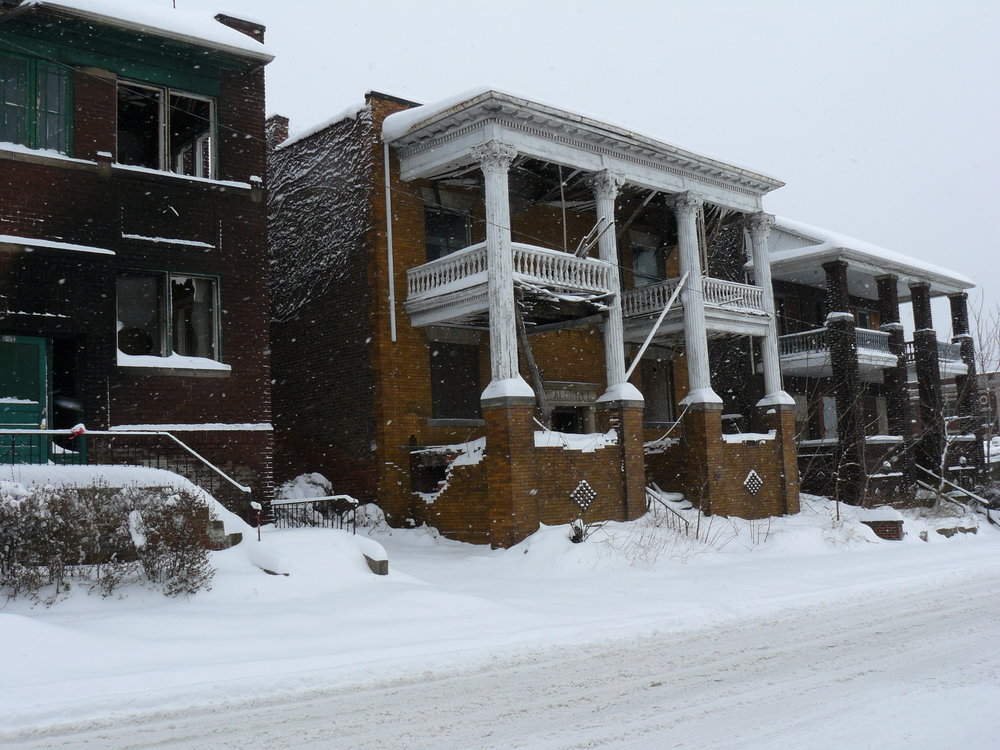Two Related Stories on the Criminal Justice System
 There were a strange group of articles in the paper that point to the two different approaches to the criminal justice system in America. The Justice Department announced a change in the sentencing recommendations for drug offenses then on the other end the Plain Dealer had a story that the Governor was asking for additional criminal justice money because they are running out of space in the jails. Attorney General Eric Holder is asking for a reduction in the range of sentences for federal drug crimes. At the same time, he is requesting that Federal Prosecutors not object to requests for sentencing reductions. This will affect nearly 70% of the drug trafficking cases in the federal courts. Here is the NPR report on the issue. This is not only because of the injustice of our sentencing rules, but the economics of incarcerating thousands of people every year.
There were a strange group of articles in the paper that point to the two different approaches to the criminal justice system in America. The Justice Department announced a change in the sentencing recommendations for drug offenses then on the other end the Plain Dealer had a story that the Governor was asking for additional criminal justice money because they are running out of space in the jails. Attorney General Eric Holder is asking for a reduction in the range of sentences for federal drug crimes. At the same time, he is requesting that Federal Prosecutors not object to requests for sentencing reductions. This will affect nearly 70% of the drug trafficking cases in the federal courts. Here is the NPR report on the issue. This is not only because of the injustice of our sentencing rules, but the economics of incarcerating thousands of people every year.
Going the other direction is the State of Ohio which is asking for $53 million increase to reduce overcrowded prisons and hire additional staff. They will also add funding for rehabilitation programs, but the bulk of the money is for additional incarceration funding. There was some rumblings by the Ohio Republicans in the legislature about sentencing reform to save the state money in 2013, but it never went anywhere for fear of being viewed as weak on crime. The Ohio Inmate population is approaching record numbers. We are now over 50,000 people incarcerated which is double the population in 1988.
How does this have anything to do with homelessness? We know that a sizable number of the homeless population have a history with the criminal justice system that keeps them homeless or extends their stay on the taxpayer's dime. We know that the criminal has destroyed the lives of their victims through violence or financial crimes, and we have to keep that in mind whenever we talk about the criminal justice system. The victims need to be considered whenever discussing sentencing reductions. We also need to recognize that these individuals paid their debt to society. They were convicted of a crime and served their time, and we need to not keep punishing them.
Often the shelters are just an extended stay in a prison without the ability to make your own decisions. There is a lights out time (11 p.m.). They tell you when to get up and when to eat. They tell you when the bathroom is available and you have to consolidate all your worldly possessions into the size of one locker or a foot locker. For some, it is a life sentence because they are tagged with a community notification label that will prevent them from employment and housing for the rest of their natural life. The taxpayers are then responsible for their food, clothing, housing and medical care for the rest of their life. Shelters have no possibly of finding housing for some people in our society, because of their criminal background. The Sentencing Project has a good website about the societal impact of our harsh incarceration policy on the financial health and moral health of the United States as well as the civil rights implications of incarcerating so many minority populations.
We do the resident council meeting at 2100 Lakeside Shelter to hear about the concerns of the residents and take those problems to the management of the shelter for some resolution. The February meeting, we had a gentleman who was a Tier 3 sexually based offender, and was very angry that no one was being honest with him that he would never qualify for any housing program. He had spent a year in the shelter and was just realizing that he would never get into housing, and would live out the rest of his life not being able to rent or buy his own housing. He wanted to know why no one had told him this up front and was honest with him that he would not qualify for any program in the community.
Brian Davis
